Iran (IMNA) - The highlight of this year's campaign is to raise public awareness about the detrimental effects of air pollution. It aims to provide necessary information and health recommendations to individuals when they encounter unhealthy conditions caused by air pollution. Furthermore, the campaign seeks to encourage people to contribute towards improving air quality and combating pollution.
By emphasizing the importance of responsible actions by both officials and citizens, the National Clean Air Week, which runs from January 16 to 22, aims to foster a collective effort towards safeguarding the environment. It serves as a reminder of the social responsibility we all bear in preserving clean air for the well-being of present and future generations.
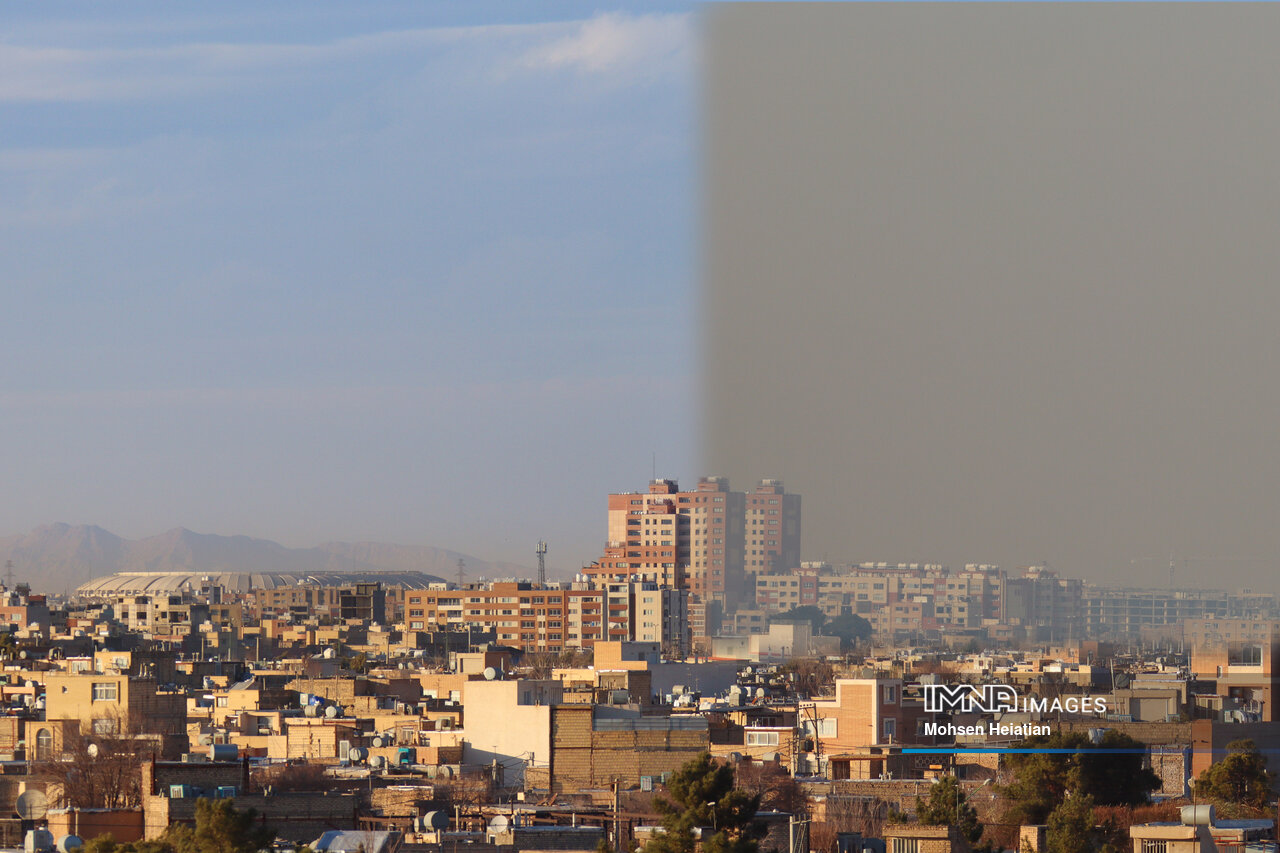
Weeklong Campaign to Promote Clean Air and Public Initiatives
In an effort to address the pressing issue of air pollution, a weeklong campaign has been launched with each day dedicated to a specific theme. Starting on Tuesday, January 16, the focus is on "Clean air, public rights", aiming to raise awareness about the importance of clean air for all citizens.
On Wednesday, January 17, the campaign shifts its attention to "Clean air, expanding and modernizing public transport fleet". The objective is to highlight the significance of improving public transportation systems as a means to reduce vehicle emissions and promote cleaner air quality in urban areas.
Continuing the momentum, Thursday, January 18, is designated as "Clean air, development of renewable energy". This day will emphasize the urgent need to transition to sustainable energy sources to minimize air pollution caused by traditional fossil fuels.
As the week progresses, Friday, January 19, focuses on "Clean air, education and public participation". This day aims to educate individuals about the impact of their daily choices on air quality and encourages public participation in initiatives to combat pollution.
On Saturday, January 20, the spotlight turns to "Clean air, worn-out cars". Efforts will be made to raise awareness about the detrimental effects of older vehicles on air pollution and promote policies that encourage the retirement or retrofitting of such vehicles.
Sunday, January 21, is dedicated to "Clean air, fuel quality". This day will emphasize the importance of implementing stricter fuel quality standards to reduce harmful emissions from vehicles and improve air quality.
Finally, on Monday, January 23, the campaign concludes with "Clean air, health". This day underscores the significant health benefits of breathing clean air and aims to mobilize support for policies and actions that prioritize air quality improvement.
Throughout the week, various events, workshops, and awareness programs will be organized to engage the public and encourage their active participation in the pursuit of cleaner air. By addressing different aspects of air pollution, this campaign seeks to drive meaningful change and foster a healthier environment for all.

Government Urges Strict Enforcement of Clean Air Law Amidst Rising Air Pollution
In an effort to combat the growing concern of air pollution, the government has emphasized the importance of adhering to the Clean Air Law. Enacted in July 2017, this legislation was intended to address and alleviate the issue of air pollution nationwide. However, recent reports indicate that air quality remains severely compromised due to a lack of commitment from responsible entities in implementing the law.
The Clean Air Law outlines specific responsibilities for various government bodies, including the Ministry of Interior, the Ministry of Oil, the Ministry of Energy, the Ministry of Transport and Urban Development, the Ministry of Industry, Mining, and Trade, the Ministry of Agriculture, the Department of Environment, the police, the municipality, the National TV, and other relevant organizations.
In light of the worsening air pollution crisis, the government is urging these entities to fulfill their legal obligations and take immediate action to enforce the provisions of the Clean Air Law. Failure to do so not only hampers the government's efforts to combat air pollution but also puts the health and well-being of the population at risk.
It is crucial for all organizations to recognize the gravity of the situation and work collaboratively towards implementing effective measures to improve air quality. The government remains committed to addressing this pressing issue and calls for strict enforcement of the Clean Air Law to safeguard the environment and public health.
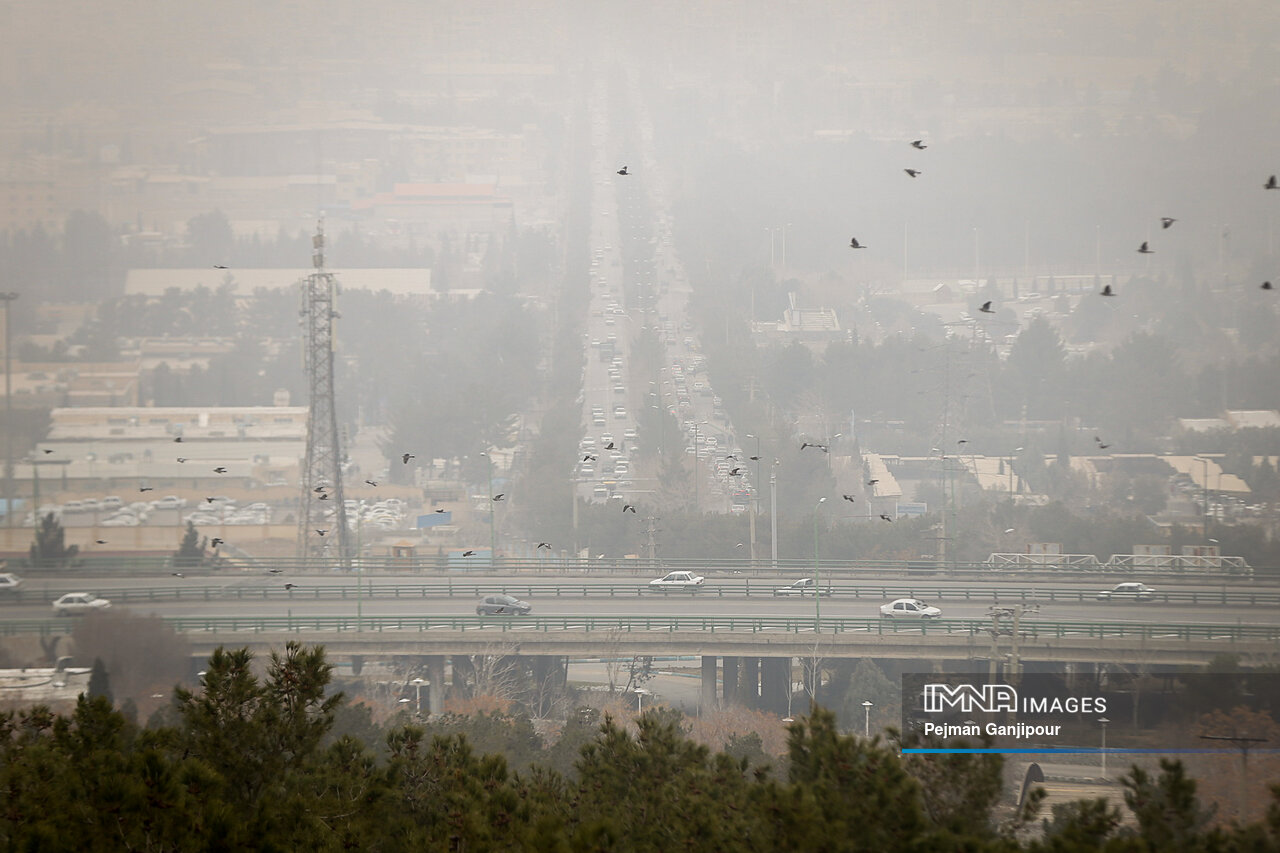
Ministry of Oil's Three-Year Plan Aims to Drastically Reduce Sulfur in Diesel Fuel, Align with National Standards
According to the Ministry of Oil's three-year plan, which has been submitted to the Department of Environment, a significant reduction in sulfur content in diesel fuel is anticipated as part of efforts to meet national standards. This initiative highlights the crucial importance of clean air, so much so that an entire week has been dedicated to raising awareness about it, aptly named Clean Air Week.
To successfully implement the Clean Air Law, an estimated amount of 1.8 quadrillion rials (approximately $5 billion) will be required, as stated by Ali Salajeqheh, the chief of the Department of Environment. The significance of addressing air pollution is further emphasized by the fact that the first vice president serves as the chairman of the national working group responsible for tackling this issue.
To ensure effective execution of the Clean Air Law, the Department of Environment, in its role as a governing and supervisory body, has delineated the specific responsibilities of various entities involved in this endeavor.
Experts Highlight Stationary Sources' Contribution to Air Pollution Amidst Worsening Conditions in Major Cities
In recent days, several major metropolises in the country, including Tehran, Karaj, Isfahan, Arak, and Tabriz, have been grappling with severe air pollution. Experts are now shedding light on the significant role played by stationary sources in contributing to this issue. These sources, which encompass oil refineries, industrial facilities, and factories, account for approximately 40 percent of the total emissions.
The remaining 60 percent of the pollution stems from mobile sources, such as cars, buses, planes, trucks, and trains. While these sources have long been recognized as significant contributors to air pollution, the current focus on stationary sources is due to the alarming signs of non-standard fuel consumption observed in affected areas.
Particularly concerning is the utilization of mazut, a heavy and low-quality fuel oil commonly used in power plants and similar applications. Surprisingly, the consumption of mazut has even been approved in some power plants across the country, exacerbating the already critical air pollution levels.
As the severity of air pollution persists in these metropolises, it becomes increasingly crucial to address the contribution of stationary sources and reassess the use of non-standard fuels. Only through concerted efforts and stricter regulations can we hope to combat this pressing environmental challenge.
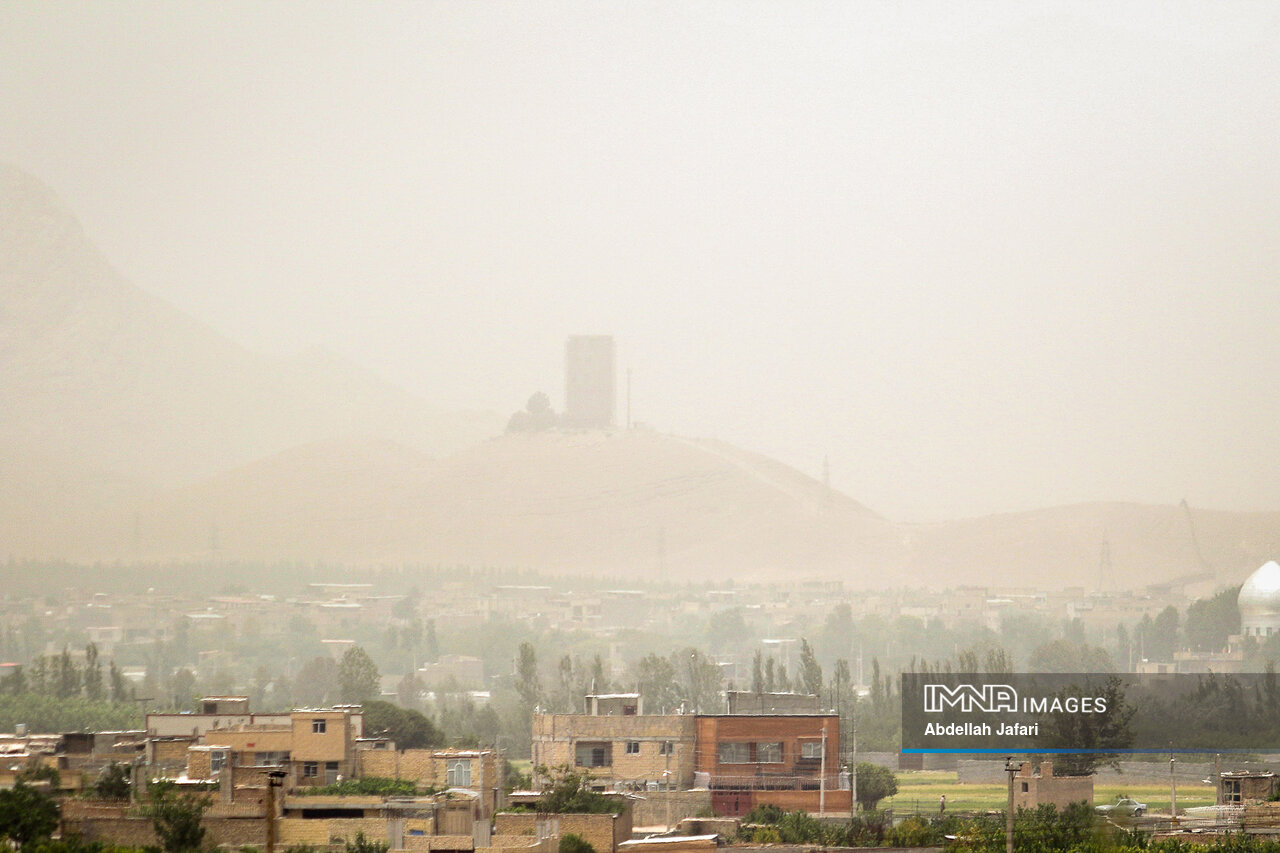
Ministry of Oil Obliged to Produce Fuel in Accordance with National Standards, Motorcycles Contribute Significantly to Air Pollution
According to Article 18 of the Clean Air Law, the Ministry of Oil is legally bound to adhere to approved national standards (Euro 4) when producing various types of fuel, including gasoline, gas oil, fuel oil, and kerosene. This regulation aims to ensure that the fuel being produced does not contribute to air pollution and meets the required environmental standards.
Recent data reveals that motorcycles play a significant role in the production of gaseous pollutants and suspended particles. It is estimated that motorcycles account for approximately 21 percent of gaseous pollutant emissions and 10 percent of suspended particle emissions. These statistics highlight the need to address the impact of motorcycles on air quality.
Moreover, it has been discovered that ten carbureted motorcycles emit as much particulate matter as an old diesel bus per kilometer. This alarming finding underscores the fact that motorcycles are a major contributor to air pollution. The release of particulate matter from motorcycles significantly adds to the overall pollution levels, posing a threat to public health.
Moving sources of pollutants, such as diesel cars, motorcycles, and private vehicles, are among the primary culprits responsible for the emission of particulate matter smaller than 2.5 microns. This type of pollution has been identified as the leading cause of air pollution during the second half of the year. Unfortunately, in Tehran and several other metropolises, only vehicles without technical inspections are fined, neglecting the broader issue at hand.
It is crucial for authorities to take proactive measures to tackle air pollution caused by motor vehicles. Strict enforcement of technical inspections for all vehicles, including motorcycles, should be implemented to ensure compliance with emission standards. Additionally, promoting the use of cleaner energy sources and investing in public transportation infrastructure can help reduce the overall impact of vehicle emissions on air quality.
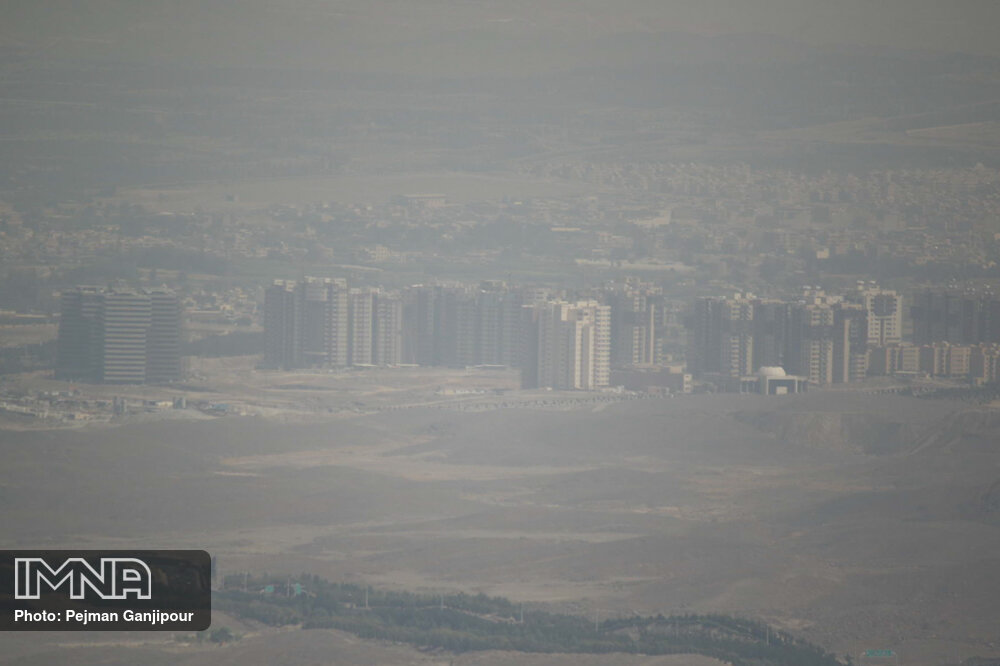

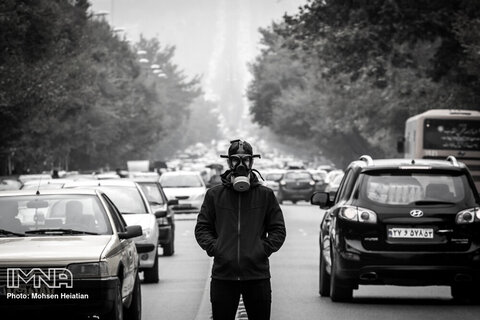
Your Comment